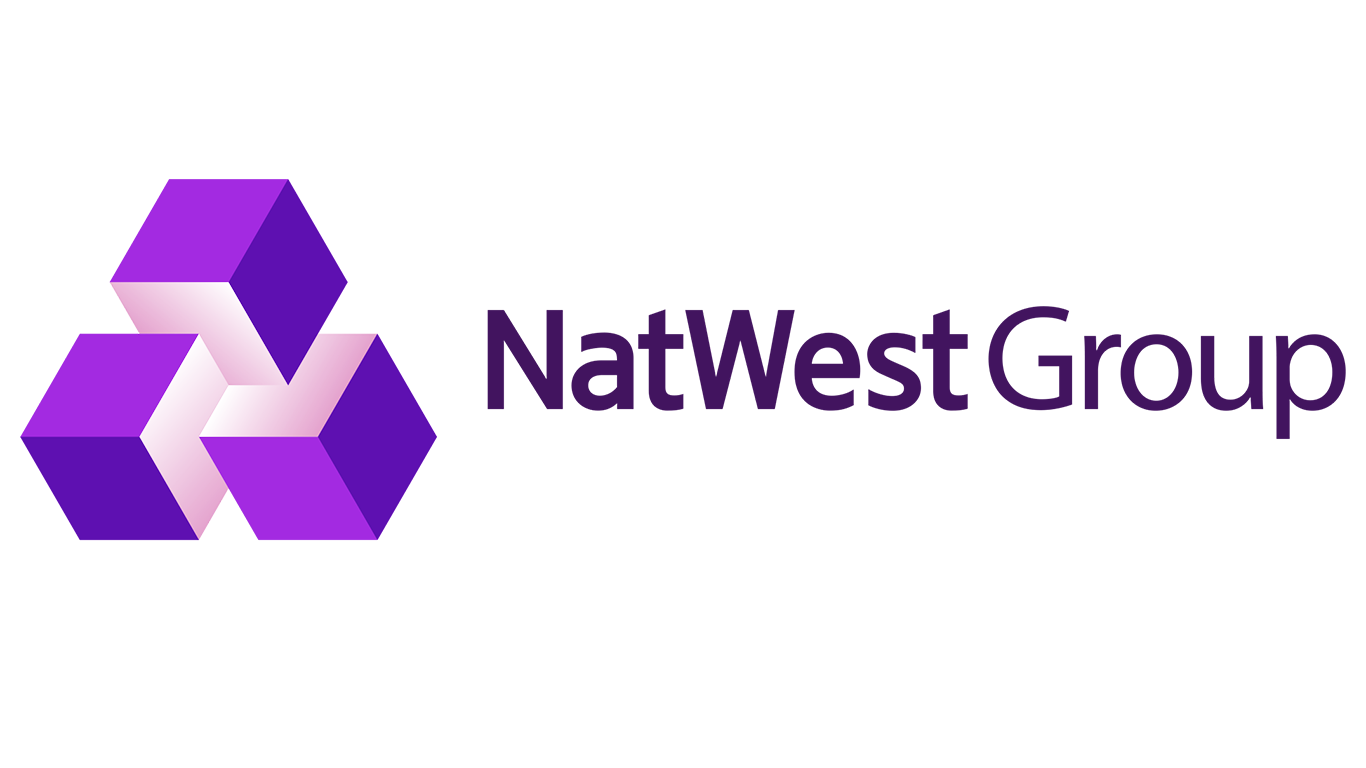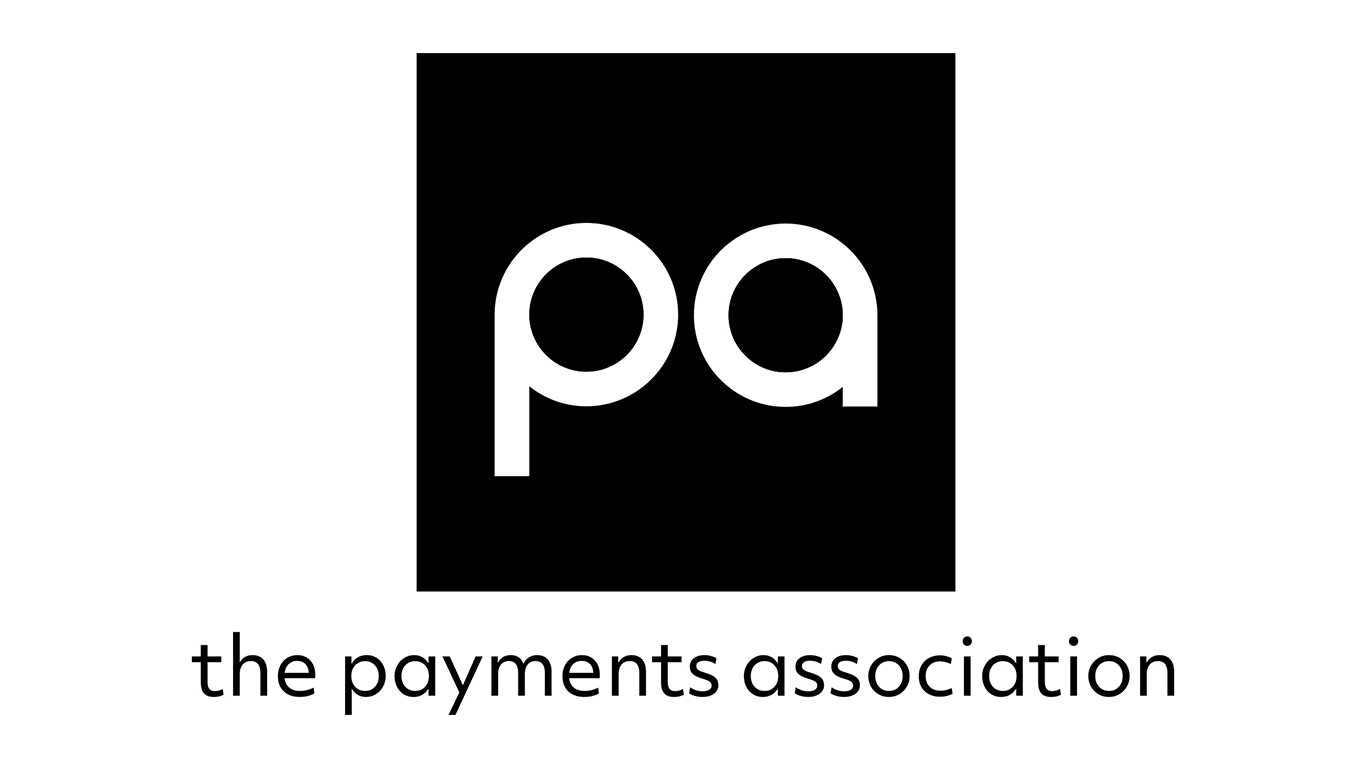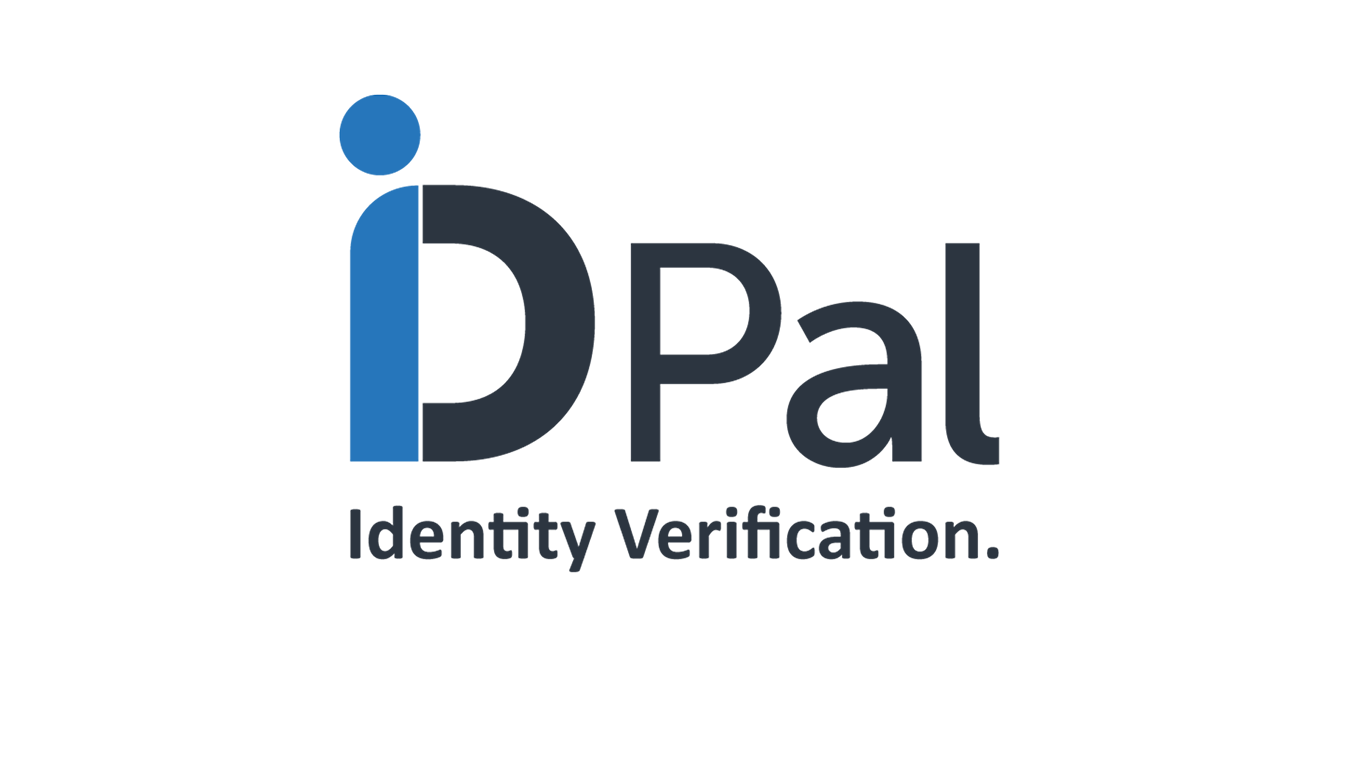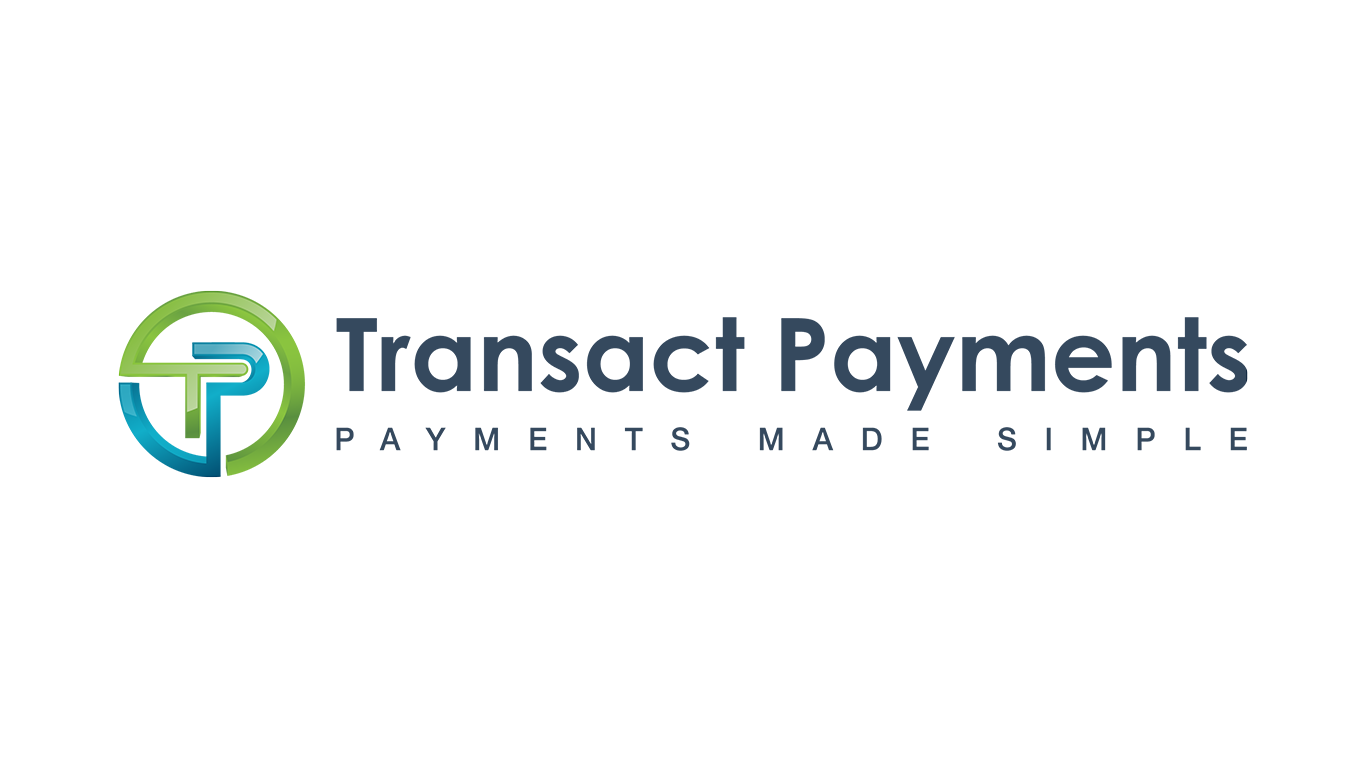Published
- 02:00 am

Dreamdata has successfully secured €6M in a Series A round led by signals Venture Capital with participation from existing investors InReach Ventures, Crowberry Capital, Seedcamp, Futuristic.vc, and Preseed Ventures.
The funding will allow Dreamdata to continue to accelerate its product offerings giving B2B companies state-of-the-art insights on how they produce their revenue. In addition, Dreamdata launched a B2B alternative to Google Analytics called Digital Analytics.
This new product release is very timely as EU regulators draw increasing focus on data privacy compliance. Recent examples of this development have seen EU-based companies having to consider alternative EU-centric web-tracking vendors in order to stay compliant.
“This rise of privacy concerns amongst institutions like the EU and businesses, in general, represent a massive business potential for new vendors. With this new product, we want to be the B2B alternative to Google Analytics” Says Lars Grønnegaard , CEO at Dreamdata.
B2B companies with their long and complex buyer journeys notoriously struggle to allocate resources effectively and do predictable growth.
“A main reason for B2B’s struggle is because core contextual elements of doing B2B have been ignored by existing software vendors. A tool like the widely adopted Google Analytics is just not capable of describing B2B Customer Journeys.” comments CEO of Dreamdata, Lars Grønnegaard.
And he continues: “We’ve helped our customers improve anywhere from 28% to 69% of their B2B ad spend. This improvement stems from them having a radical new transparency into their customer journeys allowing them to shift their marketing investments away from campaigns that never impact revenue. The potential for improvements and growth is staggering.”
Since raising their Seed round in the summer of 2020, Dreamdata has gone on to build a best-in-class B2B revenue attribution platform and are now adding a B2B alternative to Google Analytics to their offering.
“B2B companies have a multitude of departments, teams, and data silos, each representing different parts of the truth,” CEO Lars Grønnegaard continues. “Dreamdata is here to help unify, clean, and sort all this data and help our customers grow.”
Marcus Polke, Partner at signals Venture Capital: “Investing in Dreamdata was an easy choice to make. The B2B Revenue Attribution Platform category is in its infancy, and we believe that Dreamdata has the potential to be the global category leader.”
Related News
- 09:00 am

Currencycloud, the experts simplifying business in a multi-currency world, has partnered with leading South Korea-based global remittance and payment provider SentBe to improve the regional reach of its payments service and offer its Korean consumers and businesses a more streamlined, customized experience when sending money internationally.
The partnership allows SentBe to offer low cost FX to its clients, enabling it to scale faster as it looks to expand into the global foreign exchange market. By integrating Currencycloud’s APIs into its existing FX management technology, SentBe can now offer a fully automated payments process to its Singapore and South Korea-based customers, providing them with faster, streamlined transactions to the UK, EU, Canada and the US.
Alex Seongouk Choi, CEO SentBe says: “By partnering with Currencycloud, SentBe can offer a wider range of solutions and choices to our customers, including competitive FX rates. We can give them the services they need to expand internationally. Additionally, Currencycloud’s easy-to-use platform has made our client service speed quicker and simplified the entire transaction process, shortening the time it takes for our clients to receive their money. This has attracted more clients and made SentBe more competitive.”
Nick Cheetham, Chief Revenue Officer at Currencycloud commented, “Like Currencycloud, SentBe is focused on making frictionless borderless finance a reality for its customers, opening up low-cost, seamless payments and transactions for everyone. We are looking forward to the continuation of the partnership as SentBe continues its goal of expansion into the US, Canada, Australia and Europe.”
The SentBe payment app is available to download from the App Store & Google Play now.
Related News
- 02:00 am

NatWest Group has today announced the appointment of Mark Brant as Chief Payments Officer (CPO). Mark will join on 16 January 2023.
Mark has over 25 years of experience working across the Payments industry, both within the UK and abroad. In addition to spending time in senior leadership and executive positions at American Express and PayPal, Mark has most recently been CEO of ParentPay Group, responsible for the overarching strategy to evolve existing software and create new services to maintain growth.
Mark will be reporting directly to Paul Thwaite, CEO for Commercial & Institutional and Group Executive for Payments.
Rupert Keeley, who has been leading NatWest’s Payments Centre of Expertise on an interim basis, will hand over his current responsibilities to Mark during the first quarter.
NatWest CEO for Commercial & Institutional and Group Executive for Payments, Paul Thwaite, said:
“I am delighted that Mark is joining the business. Payments are a critical part of our future plans at NatWest Group, and Mark brings with him a wealth of experience and insight that will support us in realising our growth ambitions.”
Mark Brant added:
“I look forward to playing a part in evolving the Payments vision for NatWest. With one in four payments touching NatWest platforms and the diverse scale of the bank’s customer base, we have an exciting opportunity ahead of us. I’m looking forward to developing new solutions and accelerating the innovative offerings that NatWest has launched in recent years.”
Related News
- 01:00 am

Muinmos is one of just three RegTech firms worldwide to have been selected for the prestigious RegTech 100 list for the sixth consecutive year.
The 2023 list, announced today, reveals the heavy hitters transforming the regulatory technology sector. The list, now in its sixth year, comprises of the most pioneering businesses in regulatory technology who create the most impact helping financial institutions deal with their pressing compliance and risk management challenges.
Prior to the onset of the Covid-19 pandemic, and even more so during it, the RegTech sector experienced explosive growth with the rise of hybrid work and increased use of digital channels. Whereas the pandemic begins to recede from view, regulatory technology is now the new standard, with the market set to grow by a compound annual growth rate of 19.8% by 2027.
With this considered, this year’s process to select the 100 most innovative RegTech companies included the widest and most diverse range of enterprises yet. A panel of analysts and industry experts reviewed a longlist of nearly 1,300 businesses, which was produced by RegTech Analyst. They sought to highlight the solutions every leader in financial services needs to know about in 2023.
RegTech Analyst Director of Research, Mariyan Dimitrov said, “With the rapid changes in regulatory frameworks, working habits and customer expectations, compliance and regulatory technology continue to be a growing area of investment for financial institutions as they streamline their operations. The RegTech100 list helps senior executives get a better ROI on that spending by highlighting the leading companies in areas such as onboarding, risk management, fraud prevention and information security.”
Muinmos was selected as the only RegTech solution on the global market to provide complete automation of the entire onboarding process. Its award-winning, AI powered platform onboards any client – retail, professional or institutional – globally within 3 minutes. The SaaS product automatically and instantly performs all parts of the onboarding chain, from Client Categorisation and Suitability & Appropriateness, through all types of KYC/AML checks via built-in connectivity to multiple data-sources, to comprehensive client risk assessments. The platform also performs constant monitoring, keeping up-to-date with changes both in regulation, clients’ details and risk profiles.
Remonda Kirketerp-Møller, Founder and CEO, Muinmos comments, “To be just one of three companies to have been selected for the RegTech 100 for the sixth consecutive year is a testament to Muinmos’ focus on continual product development. It reinforces our position as a RegTech pioneer and industry leader. Our focus from the outset has been on empowering financial institutions to onboard more clients, faster, at lower costs – without compromising on customer experience or compliance. We are thrilled that, in an increasingly competitive landscape, Muinmos continues to stand out for our world-class onboarding solution.”
Related News
- 04:00 am

Cohesity today announced the appointment of James Blake as Field Chief Information Security Officer (CISO) for Cohesity in Europe, the Middle East and Africa (EMEA). Blake will play a key role in consulting on how organisations can bring the worlds of data security and management together and build an optimal cyber resilience and recovery strategy orchestrated by a single data management platform.
The security veteran has spent much of the past two decades building the end-to-end preventative and detective cyber operations capabilities for the world’s largest physical retailer, technology company, software house, logistics company and oil company along other organisations. While in this role he was hands-on with customers, dealing with incidents and the impacts of a lack of resiliency, including wipers from nation-states and ransomware attacks, Blake was also one of the co-founders of the Security BSides London conference and was the inaugural chair of the National Cyber Security Centre’s Cyber Information Sharing Partnership.
Before joining Cohesity, Blake was the CISO at Rubrik. Prior to Rubrik, he was the Advisory Chief Information Security Officer for ServiceNow. In both positions he engaged with C-level at FTSE 100 and FORTUNE 100 organisations, helping build and deliver strategies and concepts about improving effectiveness and efficiency of cyber resilience in today’s operating environment.
“Cyberattacks and ransomware are top concerns at the board level of most European organizations and I am thrilled to have James Blake in our team who will bring his deep security expertise to our EMEA customers,” said Matt Waxman, Chief Solution Officer, Cohesity. “His experience gives James the necessary background to understand the operational issues and constraints within customers in different verticals and work with C-level executives as a peer to develop pragmatic solutions. He can consult customers, prospects, and partners to help build an effective cyber resilience and recovery strategy.”
“Having dealt first-hand with multiple ransomware and wiper attacks, I realised enterprises held the advantage when they had strong impact mitigation preparedness and a close relationship between IT and Security both in terms of teams and platforms”, said Blake, EMEA Field CISO, Cohesity. “A data security and management platform like Cohesity brings together the data from today's diverse compute and storage environments and allows organisations to implement a data-centric cyber resilience to impact reduction."
Related News
- 09:00 am

Does your mother still ask you to queue up to pay the electricity or water bills? Do you still take a detour on your way to the office to drop off the cheque for your credit card bills? If you still are struggling to find a way to the payment centers of utility service providers, here’s something you ought to know!
From electricity to DTH to piped gas to credit card bill payments, digital payments have made life so much easier by putting the convenience of the payment counter right into your palms by scanning QR codes or through UPI. Paying your bills digitally through an app is the new normal today.
The use of digital payment apps has made life so simple today. It not only offers the convenience of making payments quickly but also allows users to track due dates and enable automatic recurring payments by setting up reminders and secured authorizations.
Some apps that have become synonymous with digital payments today include:
- Amazon Pay focuses on giving users the option to pay with their Amazon accounts on external merchant websites. Users can initiate mobile recharge, pay their utility bills, pay pending dues on their credit cards, and even book flight and train tickets.
- Paytm users have the option of paying their utility bills through the app, including booking flights, recharging FASTag, among others. Users can also recharge their metro cards and buy insurance.
- Airtel Payments Bank customers can easily open an account through the Airtel Thanks App from their home. Users can easily add or send money, recharge their prepaid and postpaid connections, buy FASTags for their vehicles, pay their broadband, DTH, electricity, landline and water bills among others.
- Google Pay users can send or receive money with zero fees, straight from their bank accounts to almost anyone. Users can even send or receive money even if the receiver is not on Google Pay. Split lunch with a friend, pay the rent, or even make daily or monthly payments.
- PhonePe users can pay their bills, recharge, send money, buy gold, invest and shop at their favourite stores. Users can also choose from options like UPI, the PhonePe wallet or Debit and Credit Card to make payments.
Related News
- 03:00 am

The Payments Association, which celebrates innovation and collaboration across the payments industry, is pleased to announce that six new executives from across the world of payments have been voted by members to join the Advisory Board of its award winning association.
Charged with guiding and supporting the UK’s Leading Trade Association 2022 (under 500 members)*, the new Advisory Board members are from a payments scheme, two banks, two technology companies and a blockchain business. The Advisory Board is democratically voted for by the 182 member organisations and now comprises of one third women, almost 30% people of colour and almost 30% from smaller companies. In total 26 people applied to join the Advisory Board to replace the six exiting members.
The new Advisory Board members are Darren Deal, Senior Vice President - Fintech, Government & Digital Partnerships, UK&I at Mastercard, Ian Povey, CIO Payments Services & Technology, Group Payments COE at NatWest, and Paul Horlock, Chief Payments Officer at Santander UK. In addition, Noyan Nihat, COO of Privat3 Money, is joined by Laura McCracken, Managing Director, eCommerce & Payments at Accenture, and Sendi Young, Managing Director UK and Europe at Ripple.
“Our thriving hub for passionate payments people depends on volunteers stepping forward to provide their guidance, ideas and help,” said Tony Craddock, Director General of The Payments Association. “This year the bar has been raised even higher. I am delighted that under the leadership of our Chair of the Advisory Board, Marion King, and with these new strong additions to our leadership group, we can set out to achieve even more influence over the current prosperity of our members and the future prosperity of our industry.”
Neil Harris, Deputy Chair of the Advisory Board at The Payments Association, commented: “On behalf of the Advisory Board, we’d like to warmly welcome the new members of the team, as well as thank the outgoing members for their huge contribution over the last few years. We’re proud of the development and diversity of The Payments Association, which has kept in pace with the speed of innovation in payments and fintech, ensuring that our industry remains a leading force in serving and protecting consumer and business financial transactions.”
Ben Agnew, CEO, The Payments Association, added: ‘‘In 2023 we are focusing on the seven areas that our members have told us matter most to them: financial inclusion, digital currencies, financial crime, cross-border payments, open banking, regulation and ESG.” He continued, “Our Advisory Board, which is representing our members and their interests, is key to the direction and development of our community and how we engage the wider industry. With these experienced executives supporting us, we are assured of continued growth in impact and effectiveness at The Payments Association.”
Craddock continued, “Our mission for the year ahead is to inform and educate those stakeholders who do not fully recognise the systemic significance of payments for the prosperity of our society. In 2022 we delivered 17 consultation responses, 12 webinars averaging 550 registrations, nine monthly networking events, six whitepapers, three conferences and one glittering awards ceremony. This volume of activity is only going to increase in 2023, as we respond to the challenges facing our industry – fraud scams, new technologies, increased regulatory scrutiny and greater pressure to consolidate – while enabling connections, collaboration and learning that shape an industry that works for all.”
Related News
- 05:00 am

Global identity verification provider ID-Pal has been named in the RegTech100 for 2023, a list of the world’s 100 most innovative regulatory technology companies.
The RegTech100 is updated annually to recognise the next generation of providers shaping the future of regulatory technology. It aims to support decision-makers and compliance professionals in evaluating which solutions are the best fit for their business.
On joining this year’s RegTech100, CEO and Founder Colum Lyons comments:
“This clearly signals that how we verify identities and addresses for organisations, delivers clear efficiencies while preventing fraud. The simple, convenient end-user experience we designed for also allows enterprises and SMEs around the world to meet their regulatory requirements while delivering digital transformation, out-of-the-box. Our team are honoured to have been recognised by the RegTech100 panel as a leader in this space.”
Regulatory technology companies focus on supplying financial institutions with digital transformation strategies to help optimise their compliance, risk management and cybersecurity processes.
ID-Pal’s award-winning ISO 27001 solution harnesses a unique blend of biometric, document and database checks to seamlessly verify identities and addresses in real-time, as part of Anti-Money Laundering (AML) and Know Your Customer (KYC) compliance.
For SMEs, ID-Pal’s delivers a complete end-to-end customer-facing digital ID&V app that is branded and configured in any language, within a matter of minutes, without any technical resource needed. Built to integrate seamlessly with existing processes, the platform’s customisability has proven revolutionary for larger enterprises, who need AML compliant customer-onboarding to meet varying regulation across business units and geographies.
On the latest RegTech100 list, RegTech Analyst director of research Mariyan Dimitrov said:
“With the rapid changes in regulatory frameworks, working habits and customer expectations, compliance and regulatory technology continue to be a growing area of investment for financial institutions as they streamline their operations. The RegTech100 list helps senior executives get a better ROI on that spending by highlighting the leading companies in areas such as onboarding, risk management, fraud prevention and information security”
Related News
- 09:00 am

Zodia Custody, a leading crypto asset service provider backed by Standard Chartered and Northern Trust, has developed and launched a new service: Interchange. The service offers an alternative to the pre-funding and margin models on exchanges. Using Interchange, clients can keep their assets with Zodia Custody, while mirroring holdings on exchanges. This protects clients’ digital assets from exchange insolvency. As the first FCA-registered bank-backed firm to provide this service, Zodia Custody is committed to helping its clients safely and securely trade cryptocurrencies, while mitigating counterparty risk between participants involved in digital asset trading activities.
Zodia Custody’s Interchange service is now live, providing clients with more flexibility for both Proof of Reserves and multi-exchanges. Zodia Custody’s sister company, Zodia Markets, is also leveraging the offering. Interchange provides transparency and control to exchanges, without ownership of the underlying assets. The technology provides instant access to exchange trading balances and automates post-trade settlement.
Institutions adding digital assets to their strategies continue to face challenges relating to counterparty and credit risk when trading. The market’s lack of security and transparency has since resulted in losses that otherwise could have been avoided. Interchange overcomes this by combining institutional-grade security with the backing of a regulated entity. This includes full segregation of digital assets, ensuring clients are in full command of their investments. Interchange offers a better way to trade digital assets by connecting with regulated, KYC, and AML-compliant venues. This provides flexibility and security for clients, allowing them to take advantage of market opportunities without having to leave funds on exchanges.
Maxime de Guillebon, CEO of Zodia Custody, comments: “Zodia Custody’s key principles have always evolved around asset safety, segregation between custody and trading, and the effective management of counterparty risk.
The difficulties crypto investors have endured over the last year have exacerbated how critical these principles are today. At Zodia Custody, we believe that such a solution, like Interchange, is not optional, but mandatory.”
Related News
- 02:00 am

New research released today reveals a deep level of scepticism amongst the vast majority of British consumers when it comes to their money and the metaverse.
In a survey of 1,000 UK consumers, carried out by 3Gem on behalf of Transact Payments, 69% admitted they would feel uncomfortable or unsure of making a payment in the metaverse, with just under a third (31%) feeling the opposite.
The research is timely, ahead of what is expected to be a critical year for the metaverse with a number of Big Tech firms expected to enter the burgeoning market, as well as an anticipated uptick in adoption amongst consumers. The research also found:
Looking at UK cities, tech-savvy Londoners were the only majority (at 52%) within this research who said they would be “comfortable” making such a payment.
By contrast, Sunderlanders (at 75%) expressed the highest level of unease in handing over their money in the metaverse.
Meanwhile, women (at 72%) were more likely to be unsure about making a payment in the metaverse than men (at 64%).
The survey also looked at British consumers’ attitudes towards an older piece of technology when making payments - digital wallets. Much like the metaverse findings, this data highlights that only a minority of the public is comfortable and has adopted this technology to make payments.
Despite the pandemic leading to a significant rise in the adoption of contactless and digital payments among consumers, the research found that only a third (34%) of respondents said they currently use digital wallets. Conversely, a sizeable majority at 60%, admitted to not using the technology. It appears that trust is the biggest issue with over half (56%) saying they have little trust or are unsure about using digital wallets to make payments (versus 44%).
Transact Payments, which has built a reputation as the expert in payment and card solutions, conducted this research in order to gain insight and understanding into Britons’ attitudes and behaviours regarding both existing digital payments technology and future technologies.
Aaron Carpenter, CEO of Transact Payments said of the research: “Despite much hype around the metaverse, our research finds a deep level of doubt and unwillingness amongst British consumers to part with their cash in this burgeoning virtual world. Interestingly, this scepticism amongst the majority of the public also seems to extend to a much older piece of payments technology - digital wallets.”
“The root cause of this appears to be a lack of trust in both technologies. In the case of digital wallets, one key explanation for the slow adoption may be that many consumers are instead relying on their contactless cards and see no reason to use these wallets currently.”
“However, the metaverse faces a much bigger deficit of trust currently, given the newness of the technology. For the metaverse to really take off, digital payments need to be delivered in a highly secure way to build trust with consumers, while also being regulated and offering a frictionless experience.”









